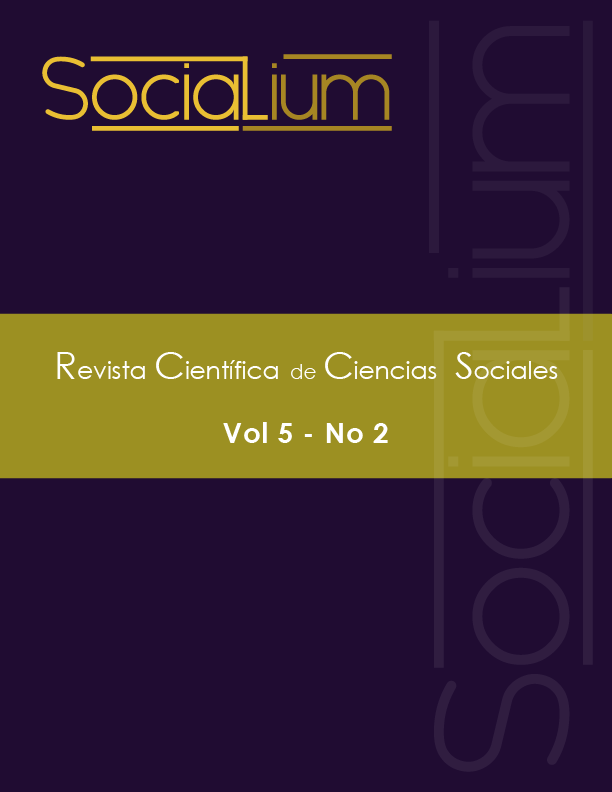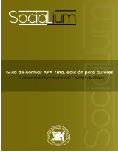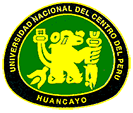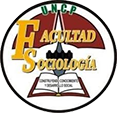The dynamics of commercialization of fruits in the community of Cochahuayco opportunities and challenges for peasant family farming
DOI:
https://doi.org/10.26490/uncp.sl.2021.5.2.809Keywords:
dinámicas de comercialización , oportunidad, reto para la economía familiarAbstract
The objective of the study was to identify the dynamics of fruit marketing in the community of Cochahuayco: opportunities and challenges for farming, peasant family economy. The study considers a sector of the rural population excluded and where the State is absent, to enhance the capacities of the population from a technical and credit point of view. However, for them it is a challenge and they use strategies that allow them to sustain themselves with the production of their fruits, the same ones that transform them into derivatives and go to consumers' tables; but not in the intensity that they wanted. The research was qualitative, exploratory and descriptive. 22 community members were selected, where 3 elected managers were considered, for presenting indicators of a constant struggle in the face of the challenges that are presented to them to market their products. Before applying the interview, a Focus Group applied to social actors was carried out to reconstruct the conceptions and experiences of the situation studied, this meeting was held in 2019 and this data has been collected, because with the It has not been possible to travel to the scene of the pandemic, some data has been validated through cell phone calls. The result allowed us to identify three forms of marketing dynamics: 1. Indirect-Long Marketing, 2. Commercialization Indirect – Short and 3. Direct Marketing - Consumer, very frequent in their agricultural activities, this does not allow them to boost marketing.
References
Ander-Egg, E. (2005). Metodología y práctica del desarrollo de la comunidad. 2ª. Edición. Editorial Lumen Humanitas.
Alonso, J., Pérez, A., Rivero, R., Romero, E. y Riera, VCM. (2004). El Autodesarrollo Comunitario. Crítica a las mediaciones sociales recurrentes para la emancipación humana. Editorial Feijoo.
Barrantes, R. (2000). Investigación. Un camino al conocimiento. EUNED.
Comisión Económica para América Latina y el Caribe [CEPAL]. (2000). Equidad económica y ciudadanía.
Centro de Investigación y Desarrollo Tecnológico para la Agricultura Familiar [CIPAF] (2017).
CIPAF 10 años. Memoria institucional y experiencias de investigación acción participativa con la agricultura familiar. 1a ed. Ediciones INTA.
Caldentey, P. y De Haro, T. (2004). Comercialización de productos agrarios. Mundi Prensa Libros.
Organización de las Naciones Unidas para la Alimentación y la Agricultura [FAO]. (2014). Agricultura Familiar en América Latina y el Caribe. http://www.fao.org/fileadmin/user_upload/ AGRO_Noticias/docs/politicasafresu.pdf
FAO (2017)
Foro Nacional de Agricultura Familiar [FONAF]. (2006). Documento elaborado por las Organizaciones representativas del sector productor agropecuario familiar. Edit. Federación Agraria.
Grupo Temático Comercio con Justicia Honduras. (2011). La comercialización campesina y sus desafíos Experiencias, lecciones y herramientas de comercialización de productos campesinos agroindustriales. https://bit.ly/2UWiOGq
Instituto Nacional de Estadística e Informática. (2013). Censo Nacional Agropecuario 1994. INEI.
Instituto Interamericano de Cooperación para la Agricultura [IICA]. (2007). La importancia de la agricultura familiar en la república argentina. IICA.
Instituto Interamericano de Cooperación para la Agricultura [IICA] (2018). El Mercado y la Comercialización. (http://creativecommons.org/licenses/by-sa/3.0/igo/)
Ley General de Comunidades Campesinas. Ley 24656 (publicada en 1992 el 09 de diciembre). Congreso de la República del Perú. Diario Oficial El Peruano.http//www2.congreso.gob.pe
Martínez, M. (1989). Comportamiento humano: nuevos métodos de investigación. Editorial Trillas.
Organización de las Naciones Unidas [ONU]. (1997). Informe sobre la Pobreza en América Latina. Edit. Centro Regional de Servicios para América Latina y el Caribe, PNUD.
Ramió, C. (2012). Teoría de la organización y administración pública. Editorial Tecnos.
Salazar, F., Cavazos, J. y Vargas, G. (2013). Logística Humanitaria: Un enfoque del Suministro desde las Cadenas Agroalimentarias. Información Tecnológica. https://doi.org/10.4067/S0718-07642014000400007
Taylor, J y Bogdan, R. (1986). Introducción a los métodos cualitativos de investigación: la búsqueda de significados. Editorial Paidós.
Universidad de Buenos Aires, Argentina [UBA]. (2017). Desarrollo y gestión de microemprendimientos en áreas rurales. Módulo 4: Comercialización. http://bit.ly/2keQxJ6.
Downloads
Published
Issue
Section
License
Copyright (c) 2021 Zoila Irene González Farroñay

This work is licensed under a Creative Commons Attribution 4.0 International License.








.jpg)















